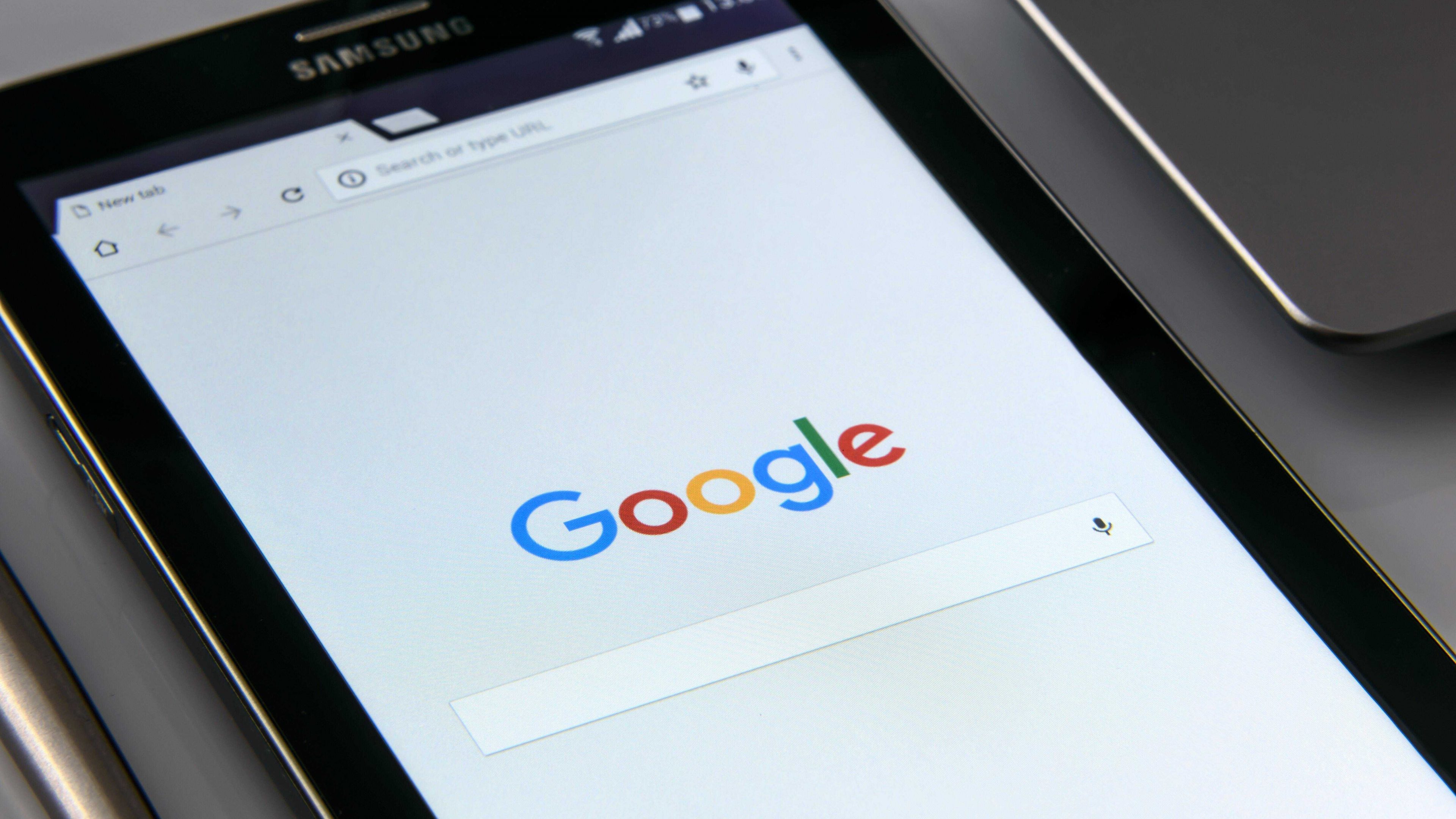Subscribe for more!
Subscribe to our newsletter for insights and articles on wide ranging issues including reputation management, branding, advertising, awareness, advocacy, and communications. You can unsubscribe anytime.
Follow us on social:
The SERP is the result of bots crawling every page of the web, collecting information from each page, and putting them into an index. You can think of this index like a giant library.

It’s powerful, it’s valuable, and it can be mysterious. It’s the SERP.
What is the SERP? It’s the Search Engine Results Page. In other words, the SERP is the result of bots crawling every page of the web, collecting information from each page, and putting them into an index. You can think of this index like a giant library. The librarian has read every single book and can help you pull up any information to answer your questions.
Algorithms analyze the pages in this index, considering hundreds of ranking factors to determine the order that pages will appear in the search results for any given query. This is what you’ll see when you search for something on Google, Bing, or any other search engine.

With two trillion worldwide searches taking place in 2021, search is the most important digital channel we, as marketers, can leverage. 95% of users will not visit the second page of search engine results, making it crucial to aim for first page results. This can be done through improving your website’s SEO, or using paid search advertising.
We have some tips and tricks up our sleeve when it comes to reaching users through search. Your “domain authority” is a search engine ranking score that predicts how likely a website is to rank highly on the SERP. There are a few ways you can improve this score.
First, consider increasing two things: the amount of content on your site, and the total number of backlinks to your site. Backlinks are the hyperlinks from one website, leading back to yours. Increasing content will increase the number of keywords your site can rank for. These are the two main opportunities to increase your website’s domain authority.
Your site’s speed may also be what’s holding you back from reaching new heights on the SERP. Google typically aims for under half-a-second load time, so having a longer load time is a major factor in why your website may fall lower on the page. Improving this speed is an absolute must in increasing your SEO ranking.
What are the benefits of paid search compared to organically improving SEO, or other forms of advertising?
While there’s no one correct path to improving your success with the Search Engine Results Page, we encourage you to dive deeper into the world of paid and organic search to see which works best for you.
Interested in getting your site to the top of the SERP? We can help. Check out some of our SEO and SEM work here.